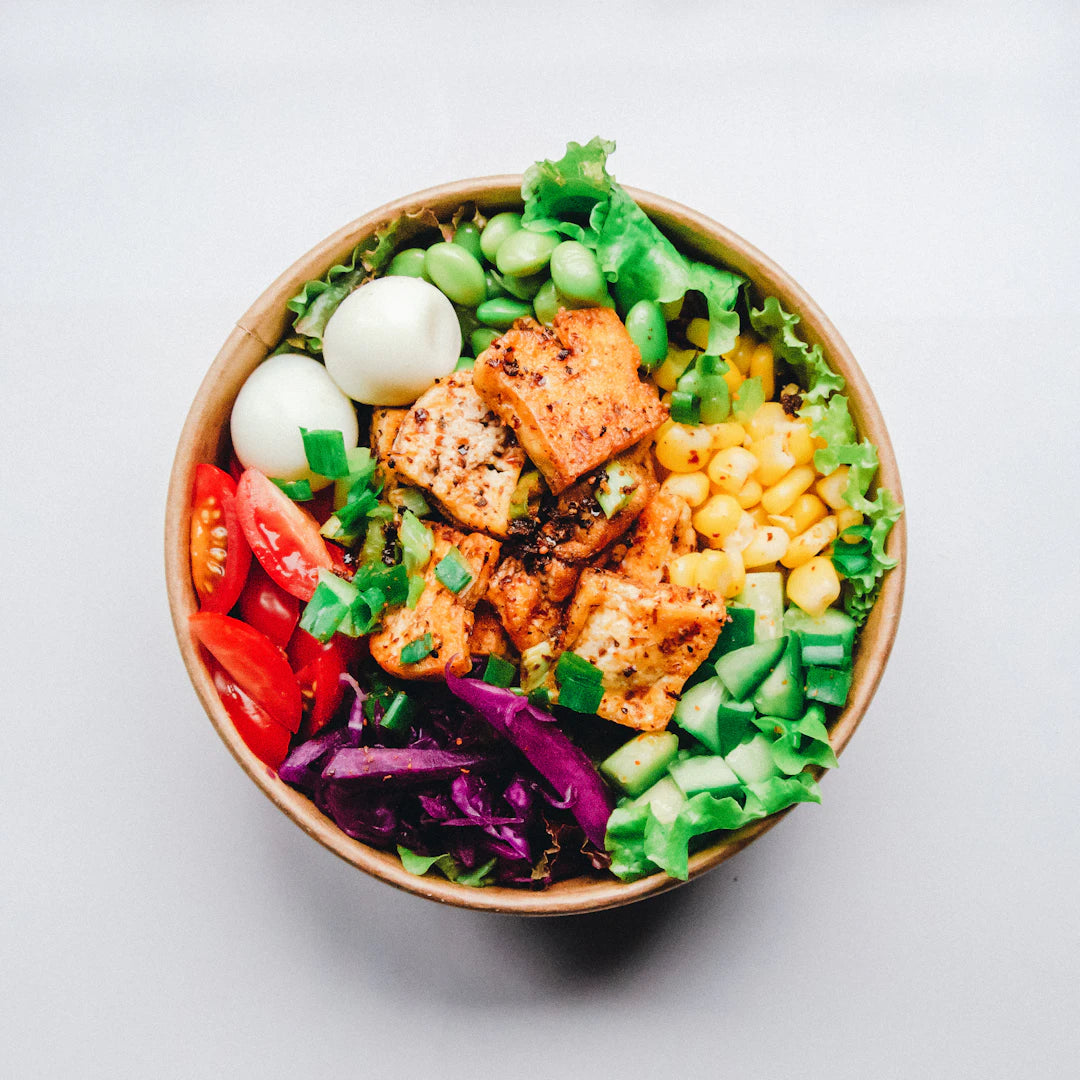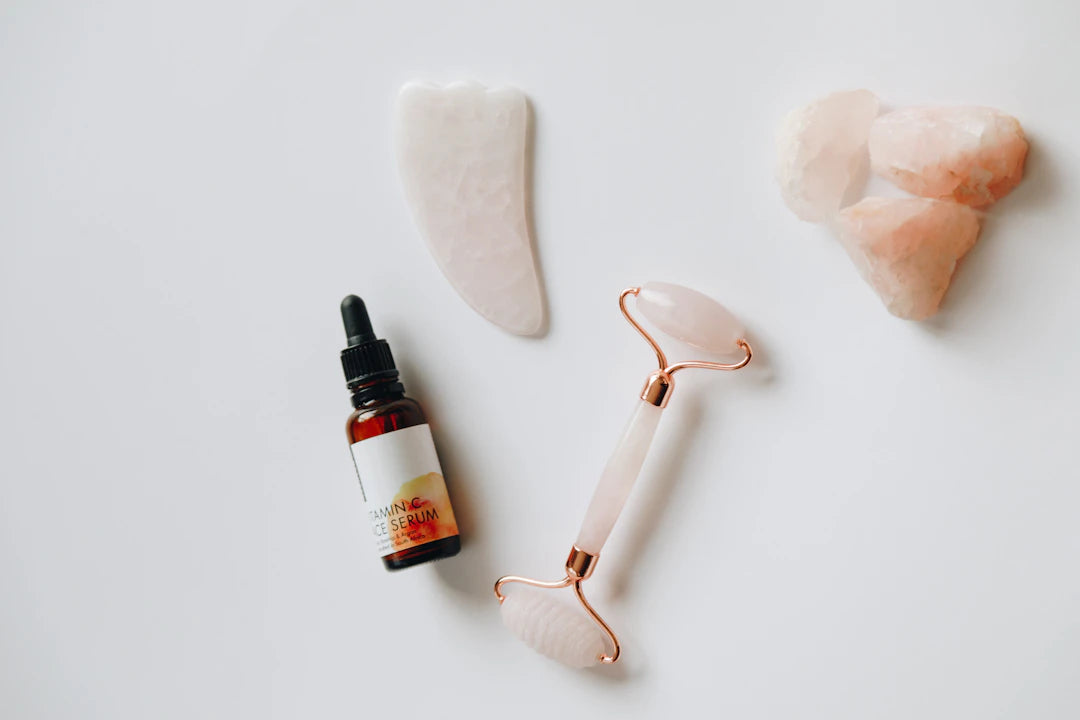The Impact of Diet on Your Skin: A Vital Connection

Frequently Asked Questions
1. How does diet impact skin health?
2. What are some key nutrients for healthy skin?
3. Why is hydration important for skin health?
4. What foods should be avoided for better skin health?
5. How can probiotics benefit skin health?
Your skin is a reflection of your overall health, and diet plays a crucial role in determining its condition. When it comes to achieving radiant and healthy skin, what you eat is just as important as the products you apply topically. This article delves into the vital connection between diet and skin health, focusing on how nutrition can enhance your skin, fight wrinkles, and even aid in achieving a brighter complexion.
The Basics of Skin Health
To understand the role of diet in skin health, it’s essential to know what skin health entails. Healthy skin acts as a barrier, protecting our body from environmental aggressors such as pollutants, pathogens, and UV radiation. It should also maintain moisture balance, resilience, and elasticity. When we experience skin issues like dryness, inflammation, or premature aging, it's time to take a closer look at our dietary habits.
Nutrients Essential for Skin Health
Your skin requires a multitude of vitamins, minerals, and other nutrients to stay healthy. Here are some of the key players in maintaining your skin's vitality:
Vitamin A
Vitamin A is essential for skin repair and maintenance. It promotes cell turnover and helps in producing collagen, which is vital for skin elasticity. Foods rich in vitamin A include carrots, sweet potatoes, spinach, and eggs. Incorporating these foods into your diet can lead to a more youthful complexion and reduce the appearance of fine lines, giving you that much-desired anti-wrinkle effect.
Vitamin C
This powerful antioxidant not only helps fight free radicals but also aids in collagen synthesis, giving your skin the structure it needs. Citrus fruits, strawberries, and bell peppers are excellent sources of vitamin C. Consuming these can help brighten your skin, making it a natural complement to any skin brightening cream you might use.
Omega-3 Fatty Acids
Omega-3 fatty acids are known for their anti-inflammatory properties. These healthy fats help keep your skin hydrated and nourished, reducing dryness and irritation. Foods such as fatty fish, flaxseeds, and walnuts are great sources of omega-3s. By including these in your diet, you can keep your skin moist and plump.
Zinc
Zinc plays a crucial role in skin healing, and it can help reduce acne flare-ups and speed up the recovery of wounds. Foods like pumpkin seeds, chickpeas, and lean meats are rich in zinc. Ensuring you have enough zinc in your diet can contribute significantly to achieving clear and healthy skin.
Hydration: The Key to Radiant Skin
No conversation about diet and skin health would be complete without mentioning hydration. Water is vital for maintaining skin moisture and elasticity. Dehydrated skin can lead to increased wrinkles and a dull complexion. Aim for at least eight glasses of water a day, and consider incorporating hydrating foods such as cucumbers, watermelons, and oranges into your diet.
The Impact of Sugar and Processed Foods
While some foods are beneficial for your skin, others can have a detrimental effect. Diets high in sugar and processed foods can promote skin inflammation and accelerate the aging process. When you consume sugar, it can trigger a process called glycation which damages collagen and elastin, leading to wrinkles and sagging skin.
Reducing Sugar Intake
Cutting back on sugary snacks, sodas, and processed foods will not only benefit your overall health but also lead to softer, clearer skin. Instead, focus on whole foods, fruits, and vegetables that provide essential nutrients without the negative effects of refined sugars.
Emphasis on Whole Foods
Whole foods can boost your skin health significantly. They’re packed with antioxidants, vitamins, and minerals that work together to keep your skin looking vibrant and youthful. Incorporate fruits, vegetables, whole grains, and lean proteins into your daily meals to create a skin-loving diet.
The Benefits of Antioxidants
Antioxidants are essential for combating oxidative stress that can lead to premature aging. Here are the top antioxidant-rich foods to include in your diet:
- Berries: Blueberries, strawberries, and raspberries are packed with antioxidants and vitamins.
- Dark Chocolate: Rich in flavonoids, it's a delicious way to fight the signs of aging.
- Nuts and Seeds: Almonds and sunflower seeds are great sources of vitamin E, an antioxidant that protects skin cells.
The Connection Between Gut Health and Skin
Your gut health has a significant impact on your skin. A balanced gut microbiome can help fight acne, eczema, and other skin conditions. Foods that are high in probiotics, like yogurt, kefir, and fermented vegetables, can promote gut health, leading to a clearer complexion.
Incorporating Probiotics
Adding probiotics to your diet can enhance digestion and improve your skin's appearance. However, it's essential to maintain a balanced diet as well, ensuring your gut flora remains diverse and healthy.
How Diet Affects Inflammation in the Skin
Chronic inflammation can lead to various skin issues, including redness, irritation, and premature aging. Consuming an anti-inflammatory diet can help in reducing these effects. Here’s how to do it:
Foods to Fight Inflammation
Include foods that are known for their anti-inflammatory properties, such as:
- Olive Oil: A staple in the Mediterranean diet, it's rich in healthy fats.
- Turmeric: Contains curcumin, which has strong anti-inflammatory effects.
- Leafy Greens: Spinach, kale, and collard greens provide essential nutrients and antioxidants.
Don’t Forget About Lifestyle Factors
While diet plays a massive role in skin health, lifestyle factors such as stress management, sleep, and sun protection also contribute significantly. Chronic stress can lead to hormonal imbalances, resulting in skin issues. Aim for a balanced lifestyle by incorporating relaxation techniques such as yoga and meditation.
Prioritize Sleep
Getting enough sleep is crucial for skin health. Lack of sleep can exacerbate skin conditions and lead to a dull complexion. Aim for 7-9 hours of quality sleep each night to give your skin a chance to regenerate and repair itself.
Transforming Your Skin Through Nutrition
Only through the combination of a well-balanced diet filled with essential nutrients, antioxidants, and healthy fats can you unlock your skin’s potential. By being mindful of what you eat, you can combat aging signs, reduce wrinkles, and achieve a brighter, more luminous complexion.
Remember, the journey to healthier skin isn’t a quick fix; it's about creating sustainable habits that will benefit you in the long run. Keep experimenting with nutritious recipes and exploring new foods, and watch your skin shine with gratitude!
So, as you embark on this journey towards optimal skin health, remember that a nourishing diet is one of the most powerful tools at your disposal. Start making changes today—your skin will thank you for it tomorrow!


